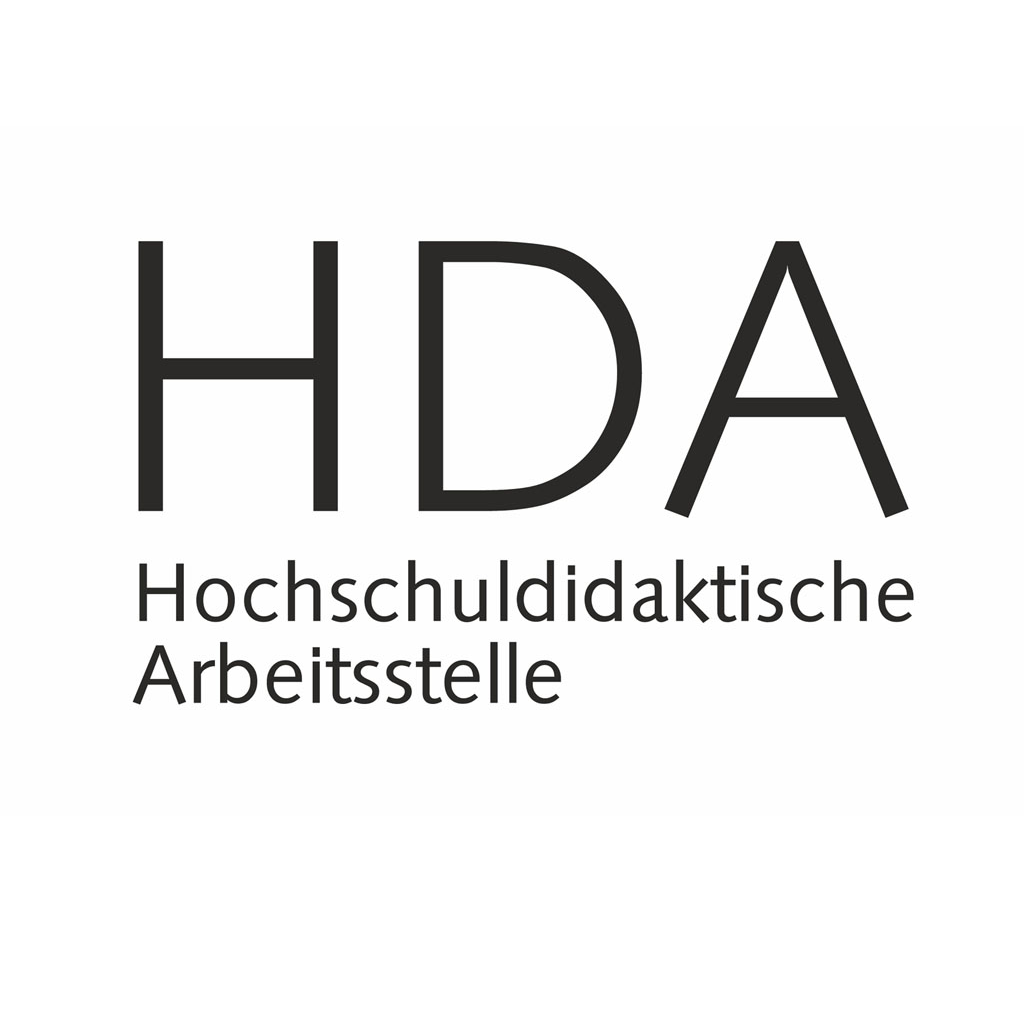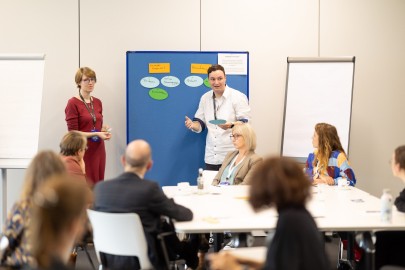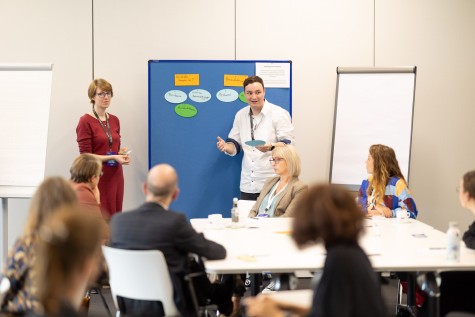Impact-oriented project evaluation: challenges, opportunities and experience
TU Darmstadt's internal project evaluation team took part in the QuiS conference in collaboration with the central evaluation of the UMRdivers project at Philipps-Universität Marburg with a workshop on project evaluation.
In the workshop, the two evaluation teams presented their respective projects EDuStart and UMRdivers and outlined their evaluation concept. Both teams use impact models in the evaluation process and demonstrated these as examples. Impact models represent work results and short-term to long-term effects of projects. They can facilitate communication in the evaluation process when it comes to differentiating project results and impacts and to make them measurable, for example by defining measurable indicators for achieving an impact.





